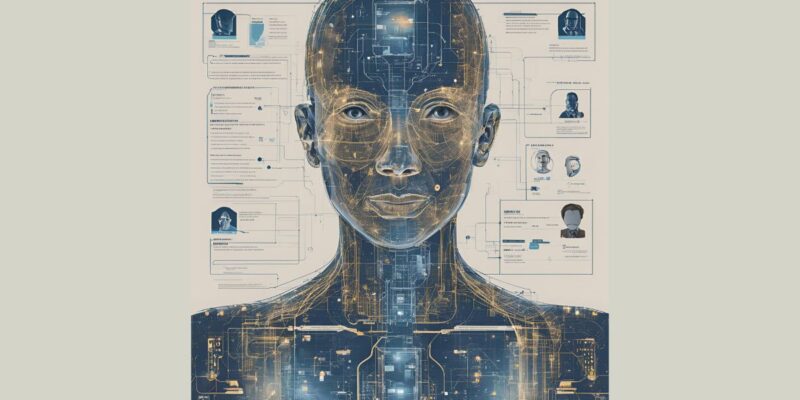Denmark implements the opt-out of maximum weekly working time in 2024 – why this recent change?
This blogpost looks closer at the Working Time Directive (2003/88) and the possibility under Article 22 to opt-out of the maximum weekly working time of 48 hours. Denmark recently introduced this opt-out in its working time legislation. The Danish legislator did not choose a wide derogation providing more flexibility to employers in general, but rather…










